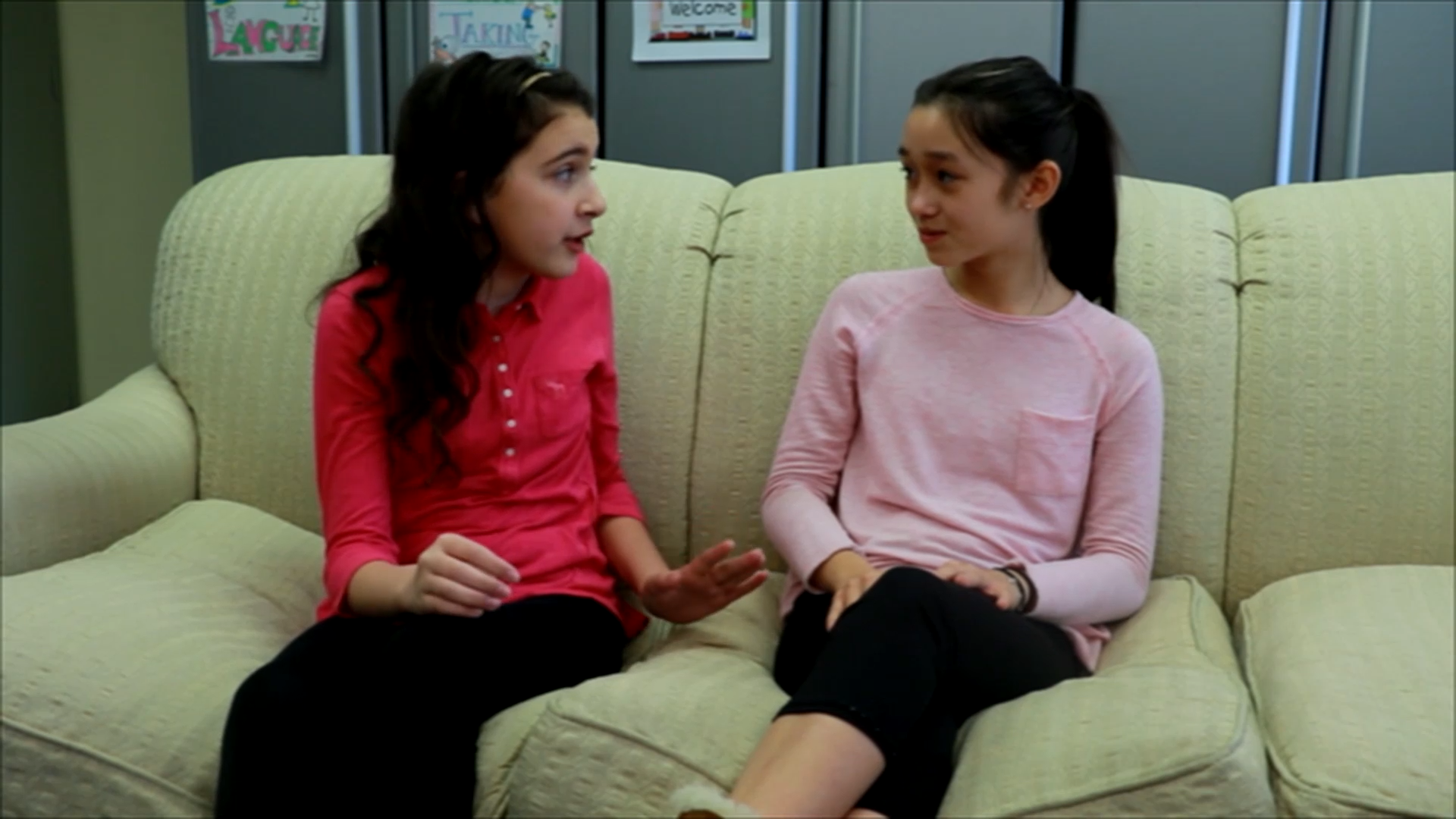Introduction
As an educator, you understand the importance of teaching conversation skills to students. Effective communication is crucial for building relationships and navigating social situations. This blog post focuses on teaching students how to stay on topic during conversations, respond appropriately, and keep the conversation flowing by making comments or asking questions. By incorporating principles of Social-Emotional Learning, students will develop essential skills for empathetic and successful interactions with others.
No-Prep Activity
This no-prep activity will help students practice staying on topic during conversations. It requires no advance preparation or materials from the educator, making it easy to implement in any classroom setting.
- Divide the students into pairs or small groups.
- Assign a conversation topic to each pair or group. For example, you could use topics such as favorite hobbies, weekend plans, or favorite movies.
- Ask the students to engage in a conversation about their assigned topic for a set amount of time (e.g., 5 minutes).
- While the students converse, encourage them to stay on topic by responding appropriately to their partner’s comments and asking relevant questions.
- After the allotted time, bring the class together for a group discussion. Ask the students to share their experiences and what they learned from the activity.
This activity provides students with a structured environment to practice their conversation skills, helping them build confidence and competence in real-life situations.
Discussion Questions
After completing the no-prep activity, use these discussion questions to encourage further thought and conversation among your students:
- Why is it important to stay on topic during a conversation?
- How does staying on topic help build relationships and understanding between people?
- What strategies can you use to bring a conversation back on topic if it starts to drift?
- How can you show empathy and active listening while staying on topic in a conversation?
- Can you think of a time when staying on topic in a conversation helped you better understand someone else’s point of view?
Related Skills
Teaching conversation skills is just one aspect of Social-Emotional Learning. Other related skills that can help students become more effective communicators and build stronger relationships include:
- Active listening
- Empathy and understanding
- Nonverbal communication
- Conflict resolution
- Assertiveness
By incorporating these skills into your lesson plans, you can help students develop a well-rounded understanding of effective communication and emotional awareness.
Next Steps
Ready to explore more activities and resources to teach conversation skills and other Social-Emotional Learning concepts? Sign up for free sample materials at Everyday Speech, where you’ll find a wealth of resources designed to support educators in teaching essential life skills to their students.











